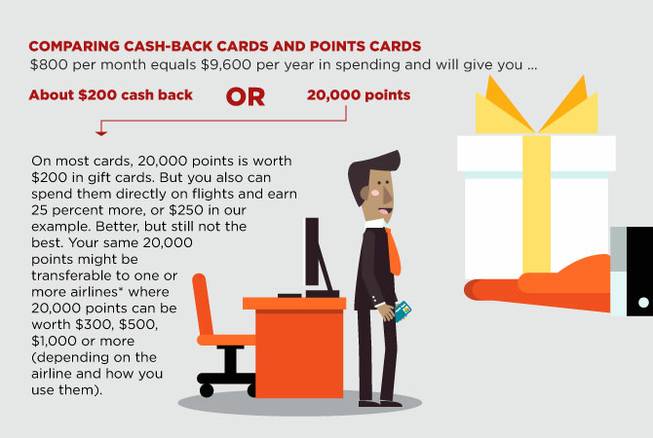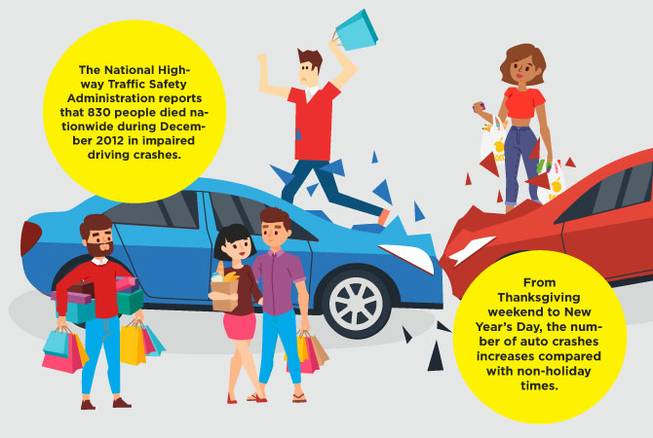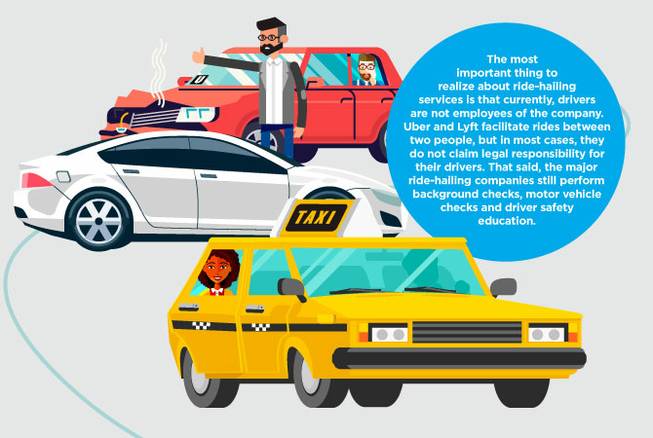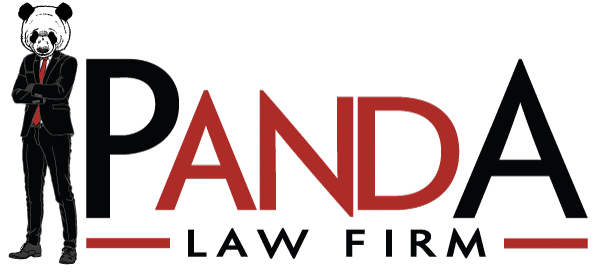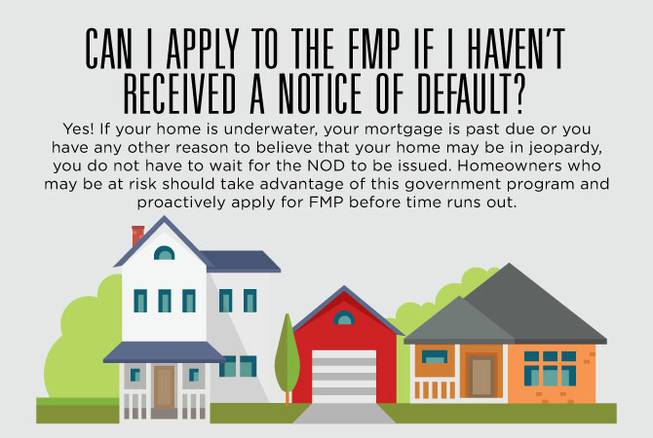
The deadline for enrollment in most national and state government mortgage relief programs — Dec. 31 — is quickly approaching, and Nevadans need to take heed.
What is the foreclosure mediation program?
Nevada’s Foreclosure Mediation Program (FMP) is a state-funded program that allows homeowners to sit down with their mortgage lender and a mediator to help find an alternative to foreclosure. In the program, the homeowner and the bank meet to negotiate favorable terms for both parties that usually result in the homeowner being able to avoid foreclosure.
During the hearing, a mediator is present to ensure that both sides provide all documentation and follow the program’s rules. Because part of the mediator’s job is to inspect and verify the bank’s foreclosure paperwork, the FMP is by far the best option for anyone making an “if you don’t have the paperwork, you can’t foreclose” argument.
Additionally, if a homeowner requests mediation, the bank cannot foreclose without mediation concluding.
How can I take part?
People who have been given a notice of default (NOD) will automatically be eligible for the FMP until Nov. 30, which is the last recorded day for NODs eligible for the program. Under FMP guidelines, the lender is required to provide adequate documentation including information about scheduling mediation when the NOD is issued.
Under the rules, homeowners choosing to enroll in the FMP because they received an NOD must submit their enrollment form within 30 days of receiving the NOD (or within 20 days of being served with a judicial complaint if the lender requests a judicial foreclosure). Notices of default are often posted on the home in blue tape and mailed to the residence.
What is foreclosure like without FMP?
With the ending of the FMP, homeowners are losing their best, low-cost option for mediation. Here are two examples of what foreclosure looks like with and without the FMP’s help. Simply put, if the bank is foreclosing and you want it to prove it has the right to do so, there are only two options:
• FMP: The homeowner is granted the opportunity to have a low-cost foreclosure mediation that may result in saving the home. The bank, or lender, is required to prove it’s able to foreclose, and the mediator ensures that all parties “play fair” if the homeowner is attempting to get a foreclosure alternative such as a modification or short sale.
• File a “Homeowners Bill of Rights (HOBOR)” lawsuit: In Nevada, we have judicial and nonjudicial foreclosure procedures; if the bank chooses nonjudicial, it is not required to prove anything to proceed with a foreclosure. Without the FMP, the only way a homeowner can force the bank to provide proper documentation is to sue in open court using the rules of the HOBOR, which can be costly.
Can I apply to the FMP if I haven’t received a notice of default?
Yes! If your home is underwater, your mortgage is past due or you have any other reason to believe that your home may be in jeopardy, you do not have to wait for the NOD to be issued. The law clearly provides a way for homeowners to opt into the program if they feel they cannot afford their mortgage payment.
In fact, because these programs are ending, and there are no plans for their funding to be renewed, it may be in the bank’s best interest to wait until the new year to issue NODs. Homeowners who may be at risk should take advantage of this government program and proactively apply for FMP before time runs out.
What is a notice of default?
A notification given to a borrower stating they are behind on payments and are in default on a mortgage contract.
Important deadlines to know for the FMP:
• Nov. 30: Last recorded day of notices of default. After this day, the state does not automatically send out paperwork that allows you to apply for the FMP program. Homeowners must apply on their own before the end of the year. They can do so even without a NOD.
• Dec. 31: FMP enrollments will not be accepted after this day.
• March 31, 2017: District Court may not remand cases for further mediation after this day.
• April 30, 2017: Mediations must be completed.
• June 30, 2017: The program will come to an end.
Other government-funded programs are ending too, right?
Yes, on Dec. 31, the federal loan modification and short sale programs end.
We can’t stress this enough: If you’re behind on your payments and you want to keep your home, you have to act now and apply for one of these programs. After this year, foreclosure alternatives will be severely limited and considerably more expensive. At the least, every homeowner behind on payments should take advantage of a free consultation with an attorney to learn his or her options.



